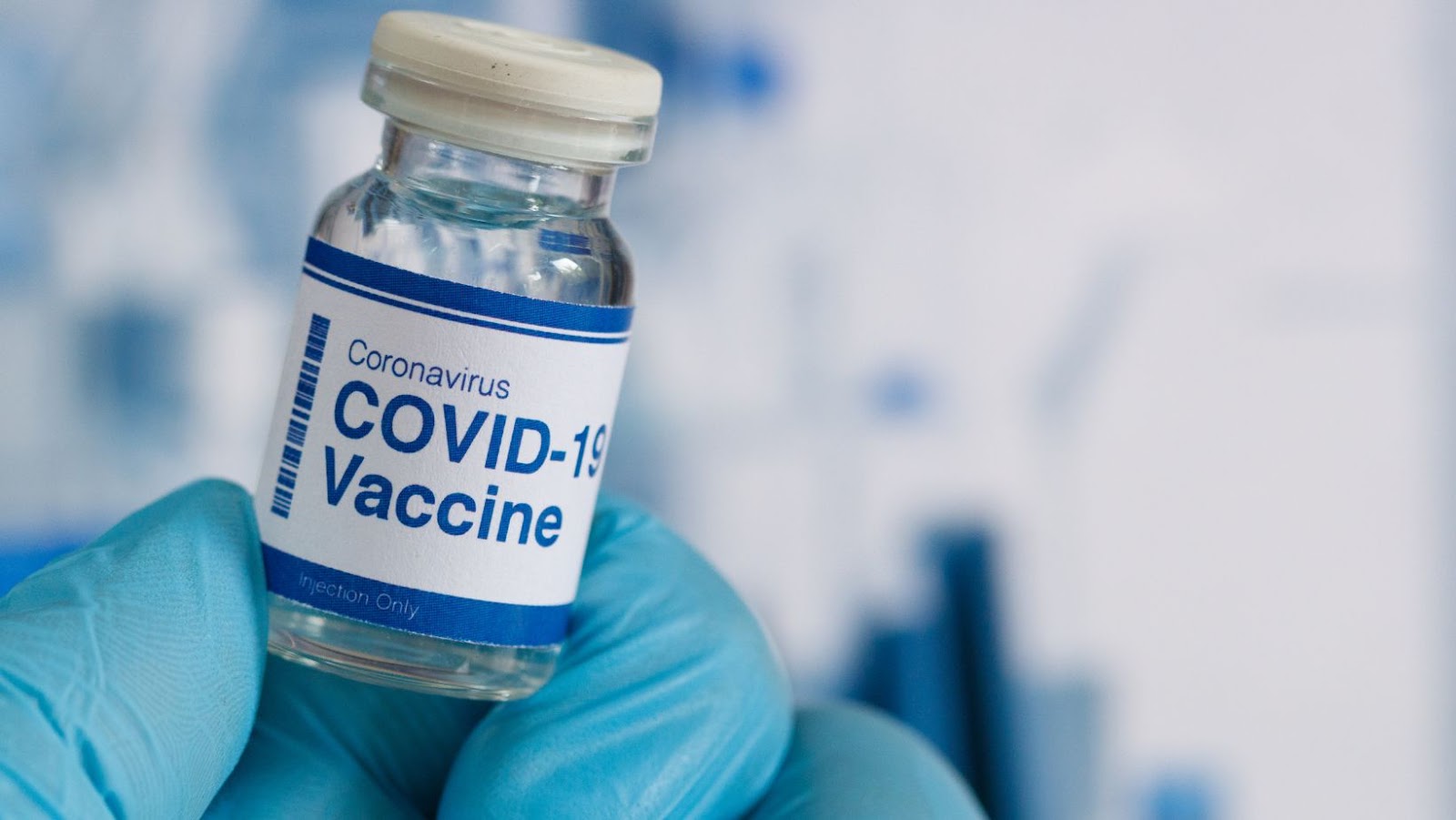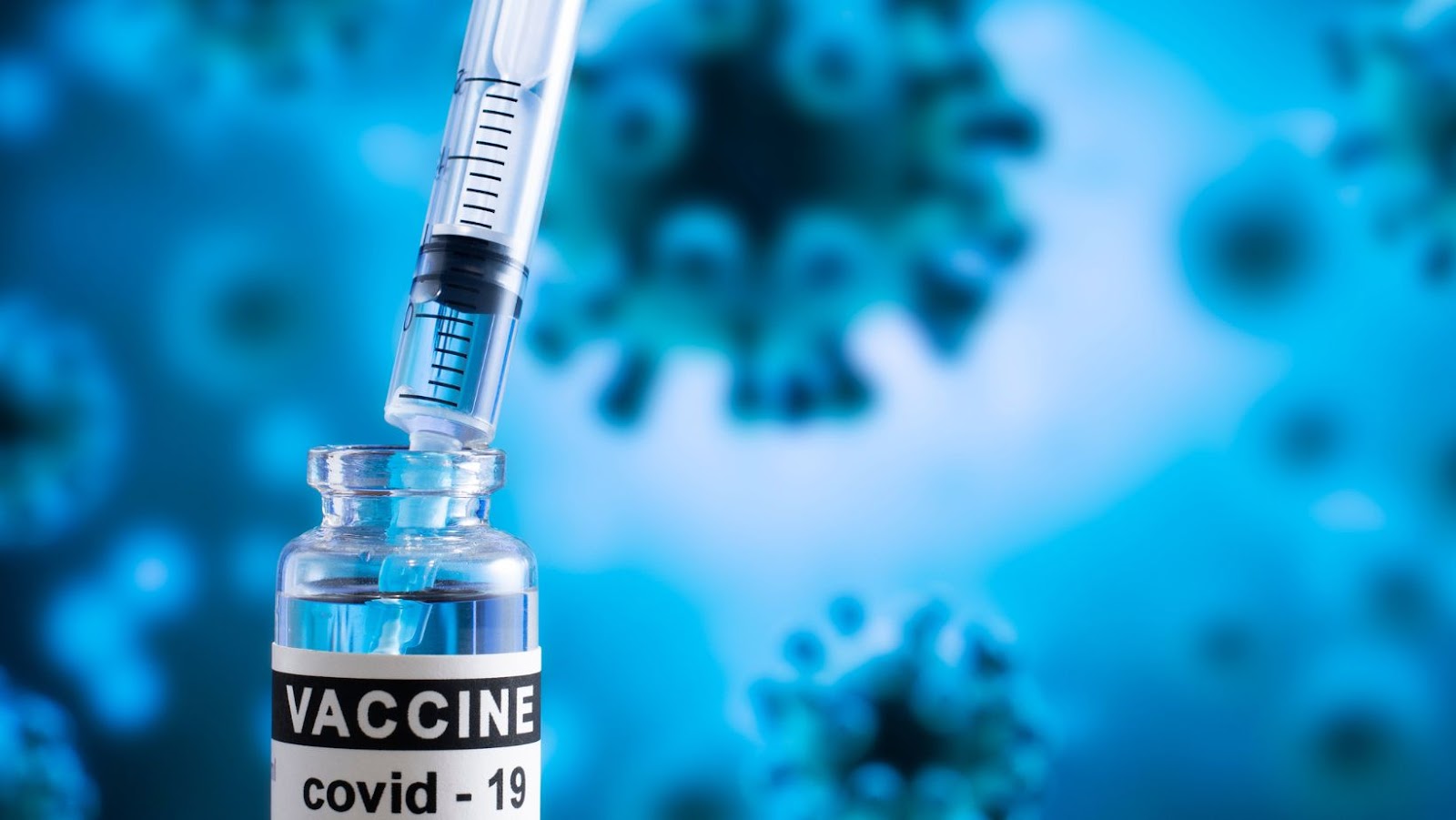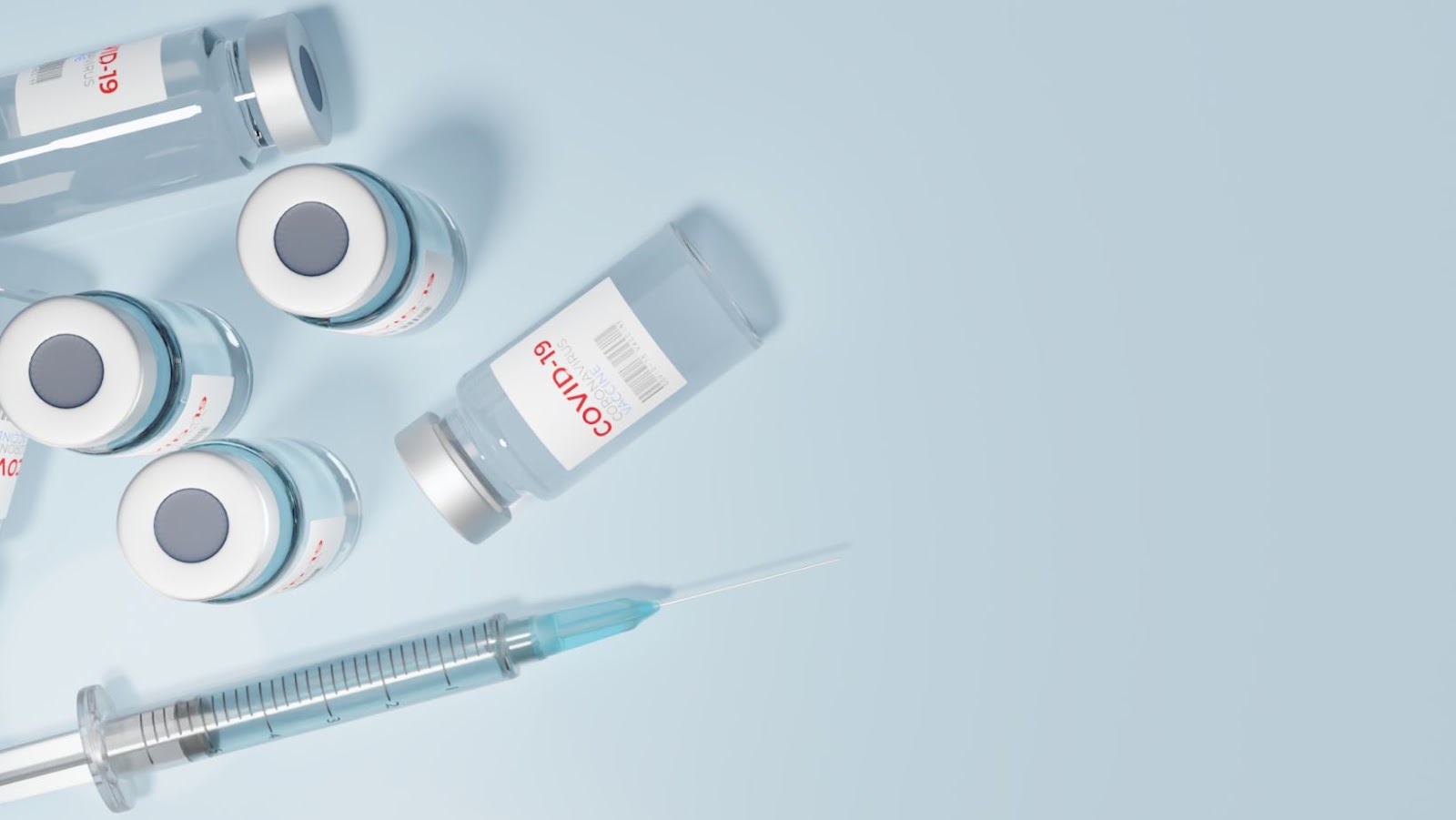Russia and China have developed Covid-19 vaccines widely used in their respective countries but have yet to seek authorisation from the European Medicines Agency (EMA). This decision has caused controversy, as the EMA’s rigorous process for authorising medicines is considered the benchmark for safety and efficacy.
This article will explore why Russia and China have not sought EMA authorisation for their vaccines.
Definition of EMA
The European Medicines Agency (EMA) is an independent EU agency comprising scientists and researchers from EU Member States. It protects public health by evaluating and monitoring medicines, including new ones, authorising medicines for use in the European Union (EU) and monitoring their safety after they are approved. The main aim of the EMA is to protect public health in support of EU policies.
EMA evaluates all aspects of medicinal products such as their efficacy, safety, quality and mode of action with a particular emphasis on assessing the benefit-risk balance for each medicine. It also conducts clinical trials and inspections to ensure that medicines meet acceptable standards before being authorised in the EU. This authorization process is managed by EMA’s Committee for Medicinal Products for Human Use (CHMP).
The CHMP adopts opinions on applications submitted by pharmaceutical companies or ‘Marketing Authorization Holders’ (MAHs) to have a product authorised or re-authorized in the European Union. This opinion is then used by the European Commission to decide whether or not to grant a marketing authorization for an individual medicine within each Member State of the EU.
Russia and China have not sought EMA’s authorisation for vaccines
Recently, Russia and China have been producing and distributing the COVID-19 vaccine worldwide without seeking authorization from the European Medicines Agency (EMA). This raises questions about why Russia and China have decided to forgo the standard approval process.
In this article, we will look at why Russia and China have not sought EMA’s authorization for their vaccines.
Lack of trust in the EMA’s approval process
The European Medicines Agency (EMA) has emerged as one of the world’s most respected and trusted regulators, with its approval process widely-regarded as thorough, rigorous and scientific.

However, Russia and China have not sought EMA’s authorisation for their respective vaccines Sputnik V and Sinopharm. This is likely due to a lack of trust in the EMA’s approval process, since it requires costly clinical trials that could take months to complete. Moreover, both countries fear that the EMA could reject their vaccine if it does not comply with EU regulations.
Another probable reason behind Russia and China’s reluctance to pursue EMA authorisation could be political. Both countries refuse to subject their vaccine to external scrutiny as they want to be seen as global leaders in delivering effective immunisation programmes on their terms. This allows them to reap the rewards from international recognition for their scientific accomplishment — something that a nod from the EMA would help bring.
Finally, Russia and China might also believe that having an official seal from the EMA would only postpone deliveries of any surplus doses which they hope to export abroad sooner rather than later. By attempting an outside validation process, these countries fear unnecessary delays — which neither country wants right now as they need quick access to cash to counteract economic losses incurred by COVID-19 restrictions.
Political and economic motives
One of the main political and economic motives for Russia and China not seeking European Medicines Agency (EMA) approval for vaccines is their concern over ceding control to a foreign regulator. Russia and China, known to oppose western influence on their respective medical systems, perceive the EMA’s process as challenging their authority.
This means they would rather keep their regulatory systems in-house, and demonstrate that they can ensure efficacy of therapies without requiring external certification.
The two countries have also argued that their respective vaccines are backed by a large body of evidence from preclinical trials, clinical trials and in-vitro studies to support safety and efficacy. Therefore, external confirmation from an international agency may be unnecessary when the results confirm domestic quality standards.
As such, both countries have strong economic incentives as authorization can take up to 70% more time than registration by individual countries’ own controlling bodies. This implies it becomes costly for both countries if they pursue an EMA approval process.
Desire to be the first to market their vaccine
Many experts have theorised why Russia and China have not officially sought approval from the European Medicines Agency (EMA) for its vaccines. One of the most widely cited reasons is that both countries seek to be the first to market with its vaccine, thus garnering the advantages of being first – increased publicity, increased sales and a claimed victory over their competitor. The approval process from EMA is lengthy and both countries are unwilling to wait for it, choosing to begin distributing their vaccine domestically before receiving approval from the EMA.
Russia and China have also indicated that they view seeking approval from bodies such as the EMA as unnecessary, citing numerous test trials that validate the safety, efficacy and quality of their vaccine candidates. Although multiple tests and clinical trials are necessary for EMA approval, both countries insist that these processes take too long and doubt whether any additional difficulties imposed by these agencies would outweigh any advantages gained.
Furthermore, many believe stringent clinical trial requirements can become barriers to public health in emerging countries. By producing low cost vaccines without going through meticulous regulatory processes such as those imposed by EMA, countries like Russia and China could domesticate public health services in developing countries which cannot afford modern treatments even at a reasonable cost.
Potential consequences of not seeking EMA’s authorisation
Russia and China have chosen not to seek the European Medicines Agency’s (EMA) authorisation for the vaccines they have produced. This could have significant implications for their citizens and the wider global community.
In this article, we will be exploring the potential consequences of Russia and China not seeking EMA’s authorisation for their vaccines.
Lack of safety standards
If a country does not seek or follow the safety standards adopted by the European Medicines Agency (EMA), it risks its citizens any number of dangerous consequences. For example, it becomes difficult to ensure that vaccines are safe and effective without the oversight and standards provided by an outside regulatory body. Additionally, suppose a country does not seek EMA’s authorisation for a vaccine. In that case, it is unlikely to be accepted in any other countries because of potential ethical issues that could arise.

In addition, lack of safety standards can also lead to possible continuity issues in the supply chain. For example, vaccines must be developed and stored according to good manufacturing practices and international requirements to be safe and effective. Without EMA’s authorisation, a vaccine might become contaminated or ineffective during storage or transportation due to inadequate handling procedures. This could impact the availability of vaccines and put people at risk as they would have limited access to safe and quality medicines.
Finally, non-compliance with EMA’s safety standards can prevent specific countries from accessing new vaccines developed by pharmaceutical companies. Without access to new treatments or therapies for certain diseases or health conditions, these countries may fall behind in healthcare advancements simply because they cannot get their hands on any potential cures or treatments produced elsewhere.
Lack of efficacy data
In the case of vaccines produced by Russia and China, there is a lack of consistent safety and efficacy data that would be useful in convincing EMA to approve their use. As such, the two countries have not sought authorisation from EMA.
This potentially has serious consequences due to a lack of efficacy data that could lead to complications in immunisation efforts. These include the risk of low immunogenicity with vaccines produced without published evidence. It can also lead to poor batch quality and inadequate follow-up when addressing any adverse reactions people may experience after taking the vaccine.
Additionally, there could be a lack of confidence among healthcare professionals and people who receive these vaccines due to the absence of validation from a credible agency such as EMA.
Potential for legal disputes
Without seeking European Medicines Agency (EMA) authorisation, Russia and China risk serious implications should any legal disputes arise regarding vaccine administration. The European Union’s (EU) agency is the EMA responsible for assessing and monitoring pharmaceuticals for safety, effectiveness, quality and performance. Without authorisation from the EMA, both countries could be exposed to patent challenge or other claims being brought against them by manufacturers or national governments if matters such as efficacy or safety of the vaccine are in question. Furthermore, suppose there are any additional legal disputes relating to negligence in manufacture or administration. In that case, such claimants could see their liability limited due to not having had approval from the EMA.

Additionally, without approval from an independent regulatory body such as the EMA, many other countries looking to buy these vaccines may be dissuaded. If a country wishes to successfully distribute a vaccine it must first obtain approval from either its regulatory authority or another international regulator; this approval would have major implications for distribution to other markets as recognised registrations would need to be obtained each time. As with Russia and China’s situation, there could be legal exposure surrounding unauthorised vaccines, which could impact further acceptance in other markets.
